Cracked Heels: Causes, Remedies, and Prevention Tips
Updated: 12 Dec 2024
19
Cracked heels, also known as heel fissures, are a common foot problem that affects people of all ages. They can cause discomfort, pain, and even infections if left untreated. Understanding the causes and solutions for cracked heels is crucial for maintaining healthy and beautiful feet. In this article, we’ll explore the most common causes, remedies, and preventive measures for cracked heels.
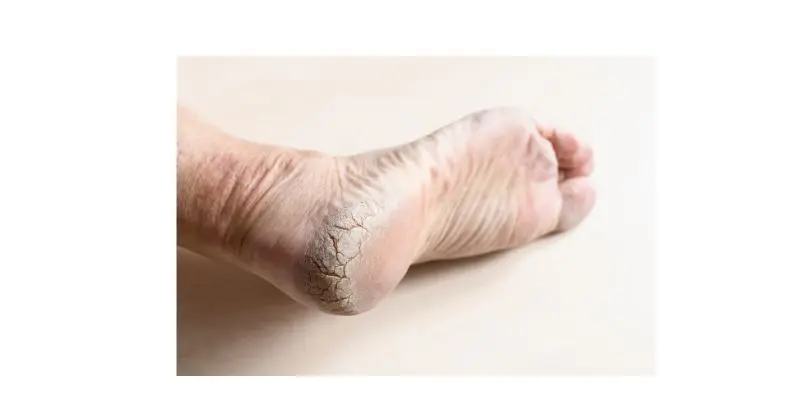
1.What Causes Cracked Heels?
Cracked heels occur when the skin on the heels becomes dry, thickened, and loses its elasticity. Here are some of the main causes
- Dry Skin: Lack of moisture is one of the primary reasons for cracked heels. Factors like low humidity, harsh soaps, and hot showers can worsen dryness.
- Standing for Long Periods: Prolonged standing, especially on hard surfaces, puts pressure on the feet and can lead to cracks.
- Obesity: Excess body weight increases pressure on the heel pad, causing it to expand and crack.
- Footwear: Open-backed sandals or shoes fail to provide proper support, contributing to heel fissures.
- Medical Conditions: Conditions like diabetes, eczema, psoriasis, and hypothyroidism can cause or worsen cracked heels.
- Aging: As we age, the skin loses its natural elasticity and moisture, making it prone to cracking.
2.Home Remedies for Cracked Heels
If you’re dealing with cracked heels, several home remedies can help soften the skin and promote healing. Here are some effective solutions:
- Soak and Scrub:
- Soak your feet in warm, soapy water for 15-20 minutes.
- Use a pumice stone or foot scrubber to gently remove dead skin.
- Pat dry and apply a thick moisturizer or foot cream.
- Coconut Oil:
- Apply coconut oil to your heels before bedtime.
- Cover your feet with socks to lock in moisture overnight
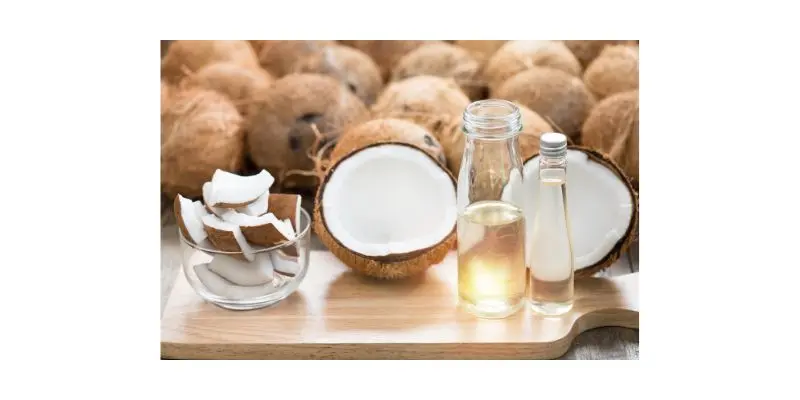
- Honey:
- Mix honey with warm water and soak your feet for 15-20 minutes.
- Honey has antibacterial and moisturizing properties that can help heal cracks.
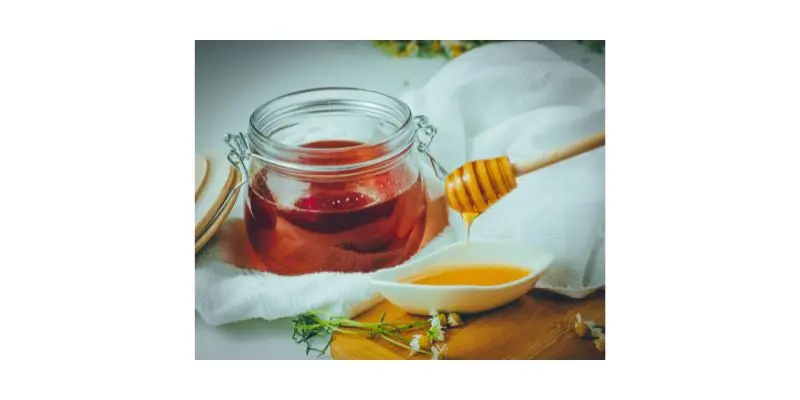
- Aloe Vera:
- Apply fresh aloe vera gel to your heels to soothe and hydrate the skin.
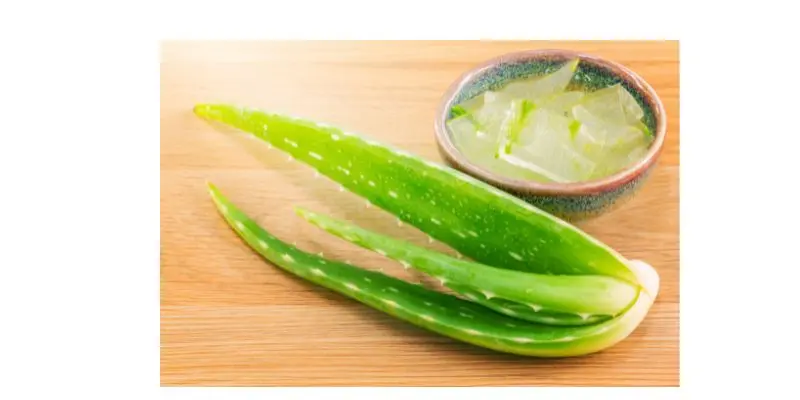
- Leave it on overnight for best results.
- Petroleum Jelly:
- Apply petroleum jelly to your heels to form a protective barrier and retain moisture.
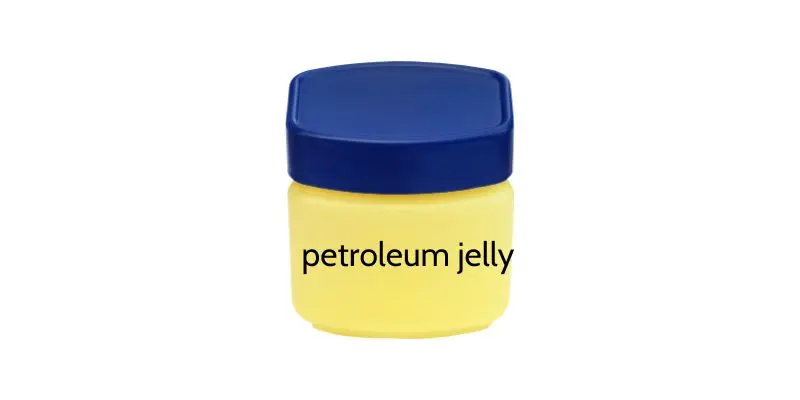
- Wear socks after application for better absorption.
- Oatmeal Scrub:
- Make a paste with oatmeal and milk.
- Gently scrub your heels with the paste to exfoliate and moisturize.
3.Prevention Tips for Cracked Heels
Preventing cracked heels is easier than treating them. Follow these tips to keep your feet healthy and crack-free:https://skincarefashion.com/winter-keep-your-skin-glowing-through-the-frost/
- Keep Your Feet Moisturized: Apply a good-quality foot cream or moisturizer daily, especially after bathing.
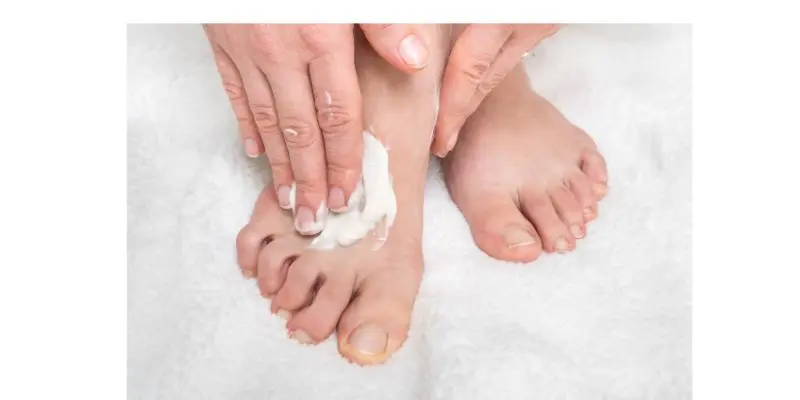
- Choose the Right Footwear: Wear shoes that provide proper support and cushioning. Avoid open-backed shoes for prolonged use.
- Stay Hydrated: Drinking enough water helps maintain skin hydration from within.

- Use Mild Soaps: Harsh soaps can strip the skin of its natural oils. Opt for gentle, moisturizing cleansers.
- Avoid Prolonged Standing: If your lifestyle requires standing for long hours, use cushioned mats and take breaks when possible.
- Maintain Proper Hygiene: Regularly clean and exfoliate your feet to remove dead skin cells

4.When to See a Doctor
While home remedies can be effective for mild cases, it’s important to consult a doctor if:
- Your cracked heels are bleeding or showing signs of infection (redness, swelling, or pus).
- You have a medical condition like diabetes that complicates foot problems.
- Over-the-counter treatments don’t improve the condition.
Final Thoughts
Cracked heels can be an unsightly and uncomfortable problem, but with the right care and attention, they are entirely manageable. By understanding the causes and adopting preventive measures, you can ensure your feet stay soft, smooth, and healthy.
If you found this article helpful, share it with your friends and family who might benefit from these tips. Healthy feet are happy feet!
Please Write Your Comments